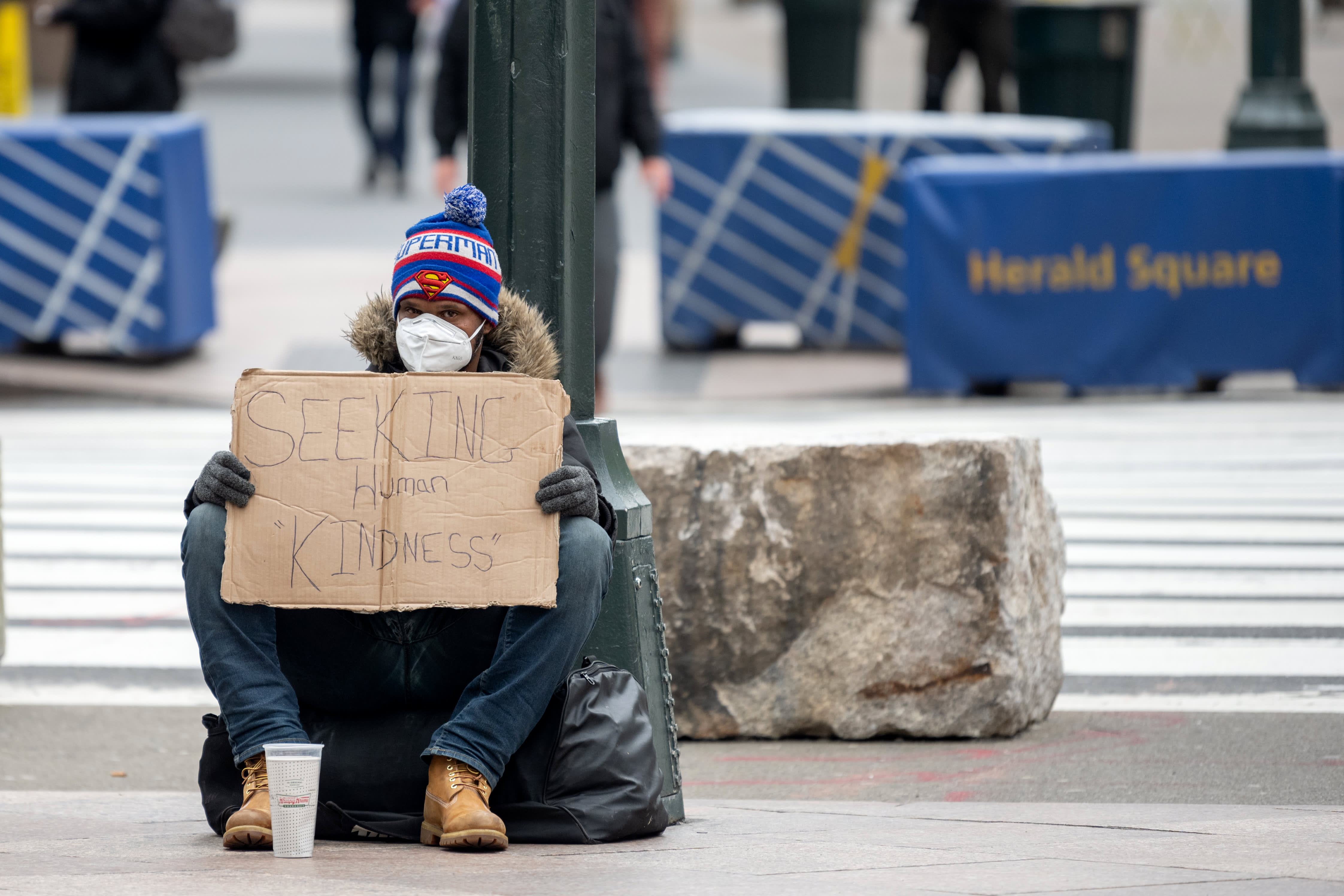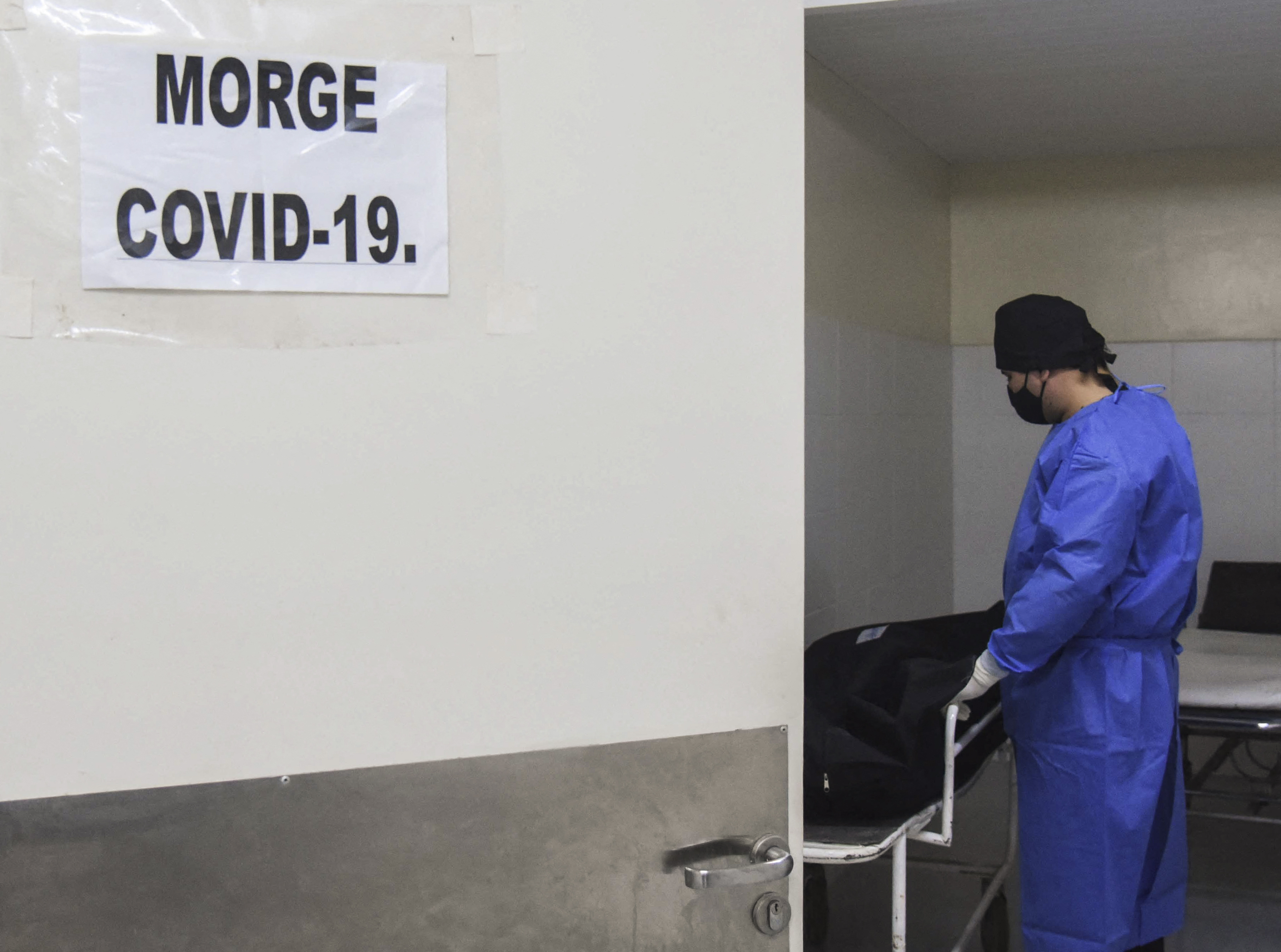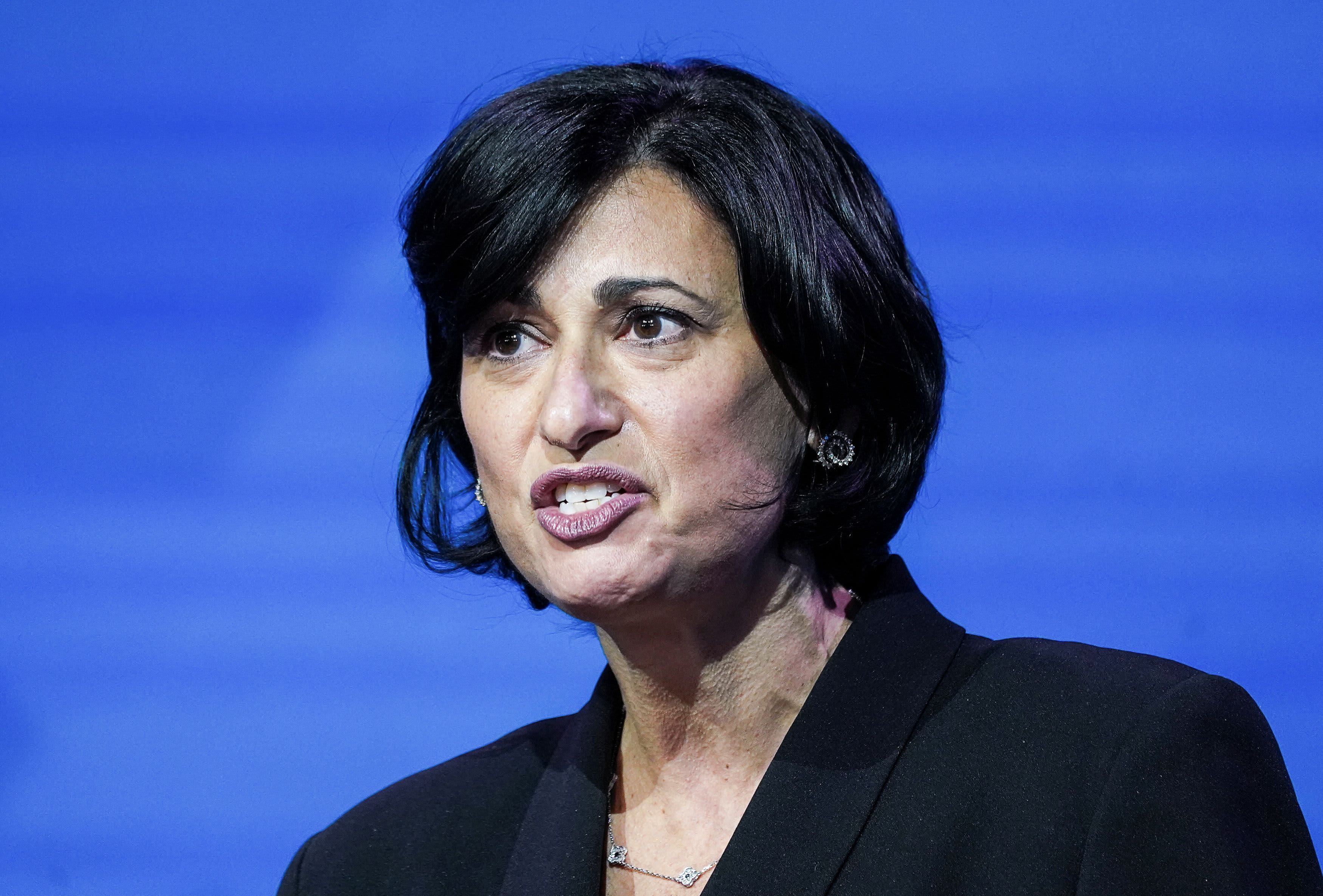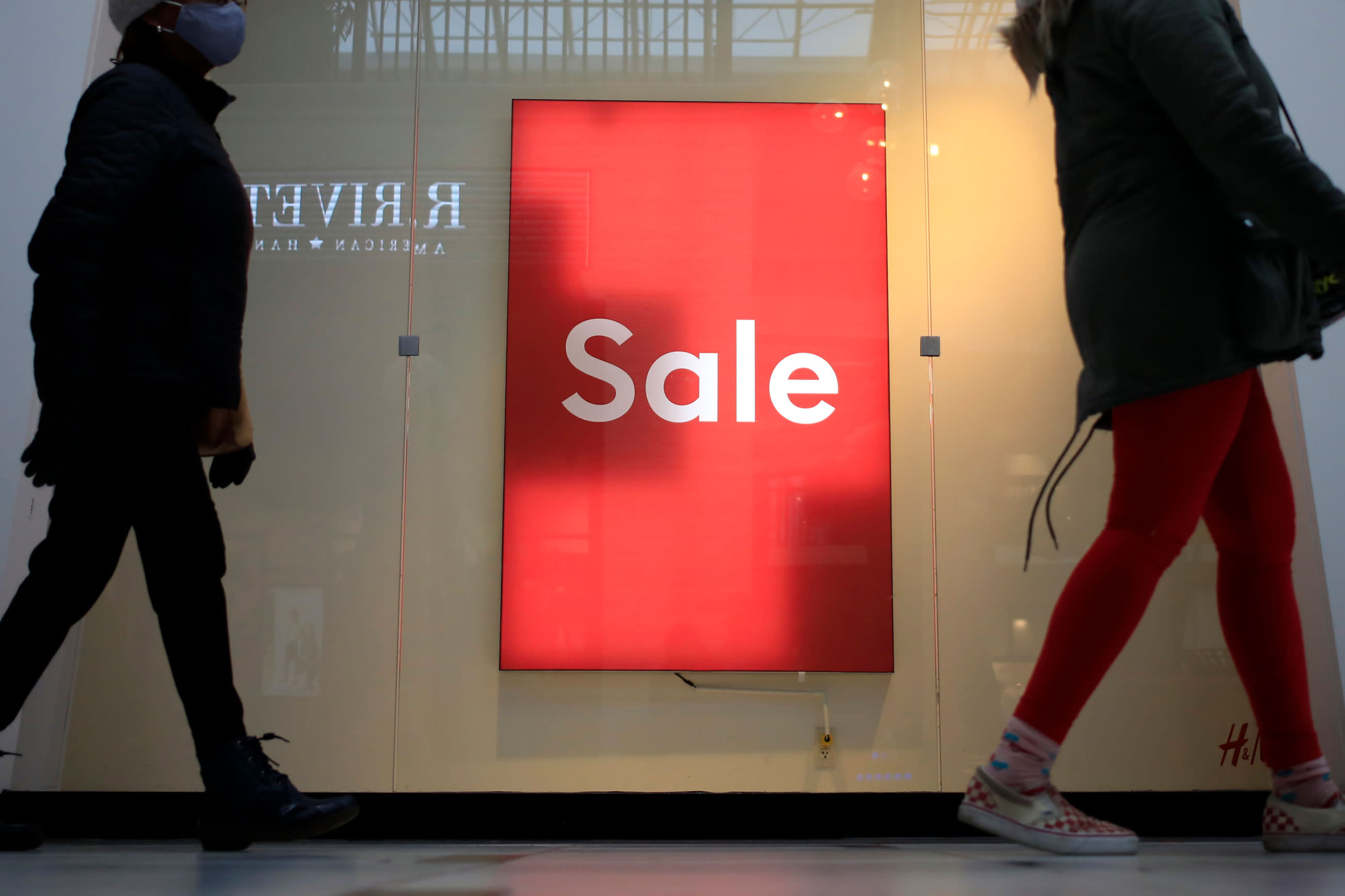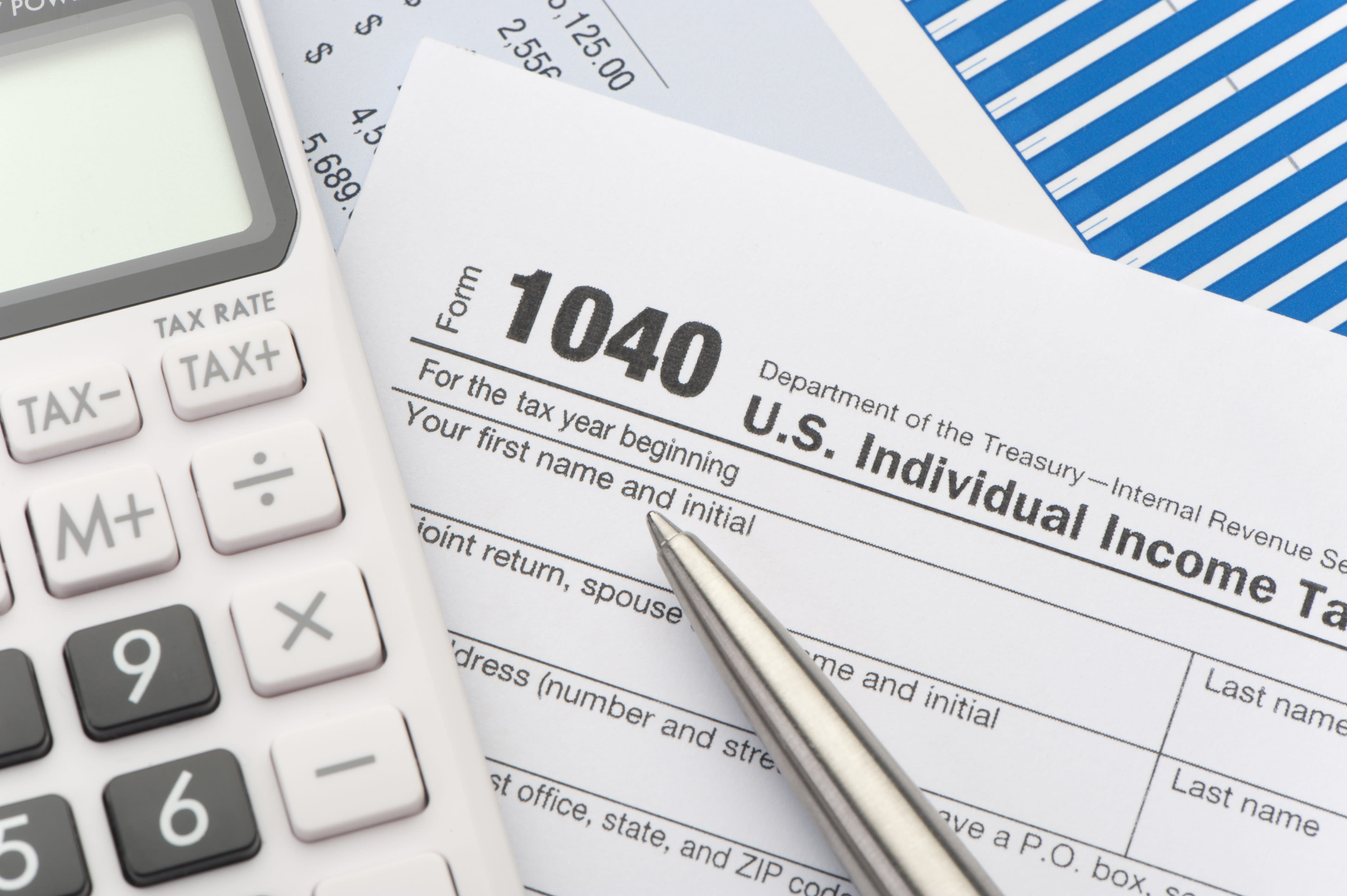What the Data Shows
COVID-19 case growth slowed in Maryland and Virginia and stayed steady in D.C. on Saturday, a good sign as vaccinations increase.
Maryland added 1,500 cases on Saturday. The seven-day average of daily cases fell, although it remains to be seen if the current trend will begin to improve.
We're making it easier for you to find stories that matter with our new newsletter — The 4Front. Sign up here and get news that is important for you to your inbox.
Cases have been sharply increasing for weeks, but current hospitalizations have declined during the past week, now reaching 1,210.
More than 40% of Marylanders have gotten their first shot or a single-dose vaccine.
Virginia added 1,175 new cases and the seven-day average fell by 10 to 1,057. Hospitalizations are at 898.
About 39% of Virginians have gotten at least one COVID-19 vaccine dose. The District reported 130 new COVID-19 cases on Saturday and 117 cases on average per day for the last week. Hospitalization data wasn’t updated before this article was published on Saturday.
Local Coronavirus Headlines
- Virginia will open vaccinations to all adults on Sunday. Here's information on how to get one.
- The Virginia Department of Health says the first cases of the so-called Brazil COVID-19 variant have been identified in two samples from residents.
- One of D.C.'s largest music venues reopened for the first time in more than a year, but as a pop-up vaccine clinic.
- Local business owners in Alexandria, Virginia, have teamed up with a pharmacy and a health department to bring a vaccine clinic to their employees.
- The Centers for Disease Control and Prevention is looking into the March death of a Virginia woman as part of its investigation into the Johnson & Johnson COVID-19 vaccine, according to the Virginia Department of Health.
- Maryland, D.C. and Virginia each canceled Johnson & Johnson COVID-19 vaccinations after the CDC and FDA recommended a pause in use of the shot after six women reported rare blood cots.
- The Washington Nationals and DC United are allowed to increase capacity at home games from 10% to 25%. Monumental Sports will also allow 10% capacity for Capitals and Wizards home games.
- The Virginia Employment Commission says that jobless workers collecting unemployment compensation will soon have to look for jobs again to receive benefits.
- Some mass vaccination sites in Maryland are offering a limited number of walk-up shots every day, no appointment needed.
- A new mass vaccination site opened last week at the Greenbelt Metro station in Prince George’s County. It offers shots to anyone, not just Maryland residents. Go online here to create an account.
- NBC News is making finding information on when, how and where to obtain your coronavirus vaccination easier with its Plan Your Vaccine website.
Key Charts and Graphs
The vaccinated population in D.C. may be overestimated in this map because some non-residents who work in D.C. are included in the totals.
Vaccination Portals by County
As vaccinations in our region ramp up, here's a look at local portals residents can use to sign up for vaccination appointments or sign up to receive alerts.
- Washington, D.C. signups – vaccinate.dc.gov
- Maryland signups – www.marylandvax.org/ and covidvax.maryland.gov
- Virginia pre-registration – https://vaccinate.virginia.gov/preregister.html
- Montgomery County – www.montgomerycountymd.gov/covid19/vaccine/
- Prince George's County – www.princegeorgescountymd.gov/3730/COVID-19-Vaccination
- Howard County – www.howardcountymd.gov/Departments/Health/MM-Alerts-and-Recalls/COVID-19-Vaccine
- Anne Arundel County – aacounty.org/covidvax
- Fairfax County – www.fairfaxcounty.gov/health/novel-coronavirus/vaccine
- City of Alexandria – www.alexandriava.gov/health/info/default.aspx?id=119270
- Loudoun County – www.loudoun.gov/covid19vaccine
- Prince William County – coronavirus.pwcgov.org/vaccine-information/ & VDH
How to Stay Safe
Anyone can get COVID-19. Here are three simple ways the CDC says you can lower your risk:
- Wear a snug-fitting mask that covers your nose and mouth.
- Avoid being indoors with people who are not members of your household. The more people you are in contact with, the more likely you are to be exposed to COVID-19. If you are indoors with people you don’t live with, stay at least six feet apart and keep your mask on.
- Wash your hands often, especially after you have been in a public place.

